Firefly Treads Lightly Through Grief — And Finds Joy
Some stories don’t just tell you what grief looks like — they let you sit with it, laugh through it, even hallucinate your way around it. Vamshi Krishna’s Firefly does all that and more.
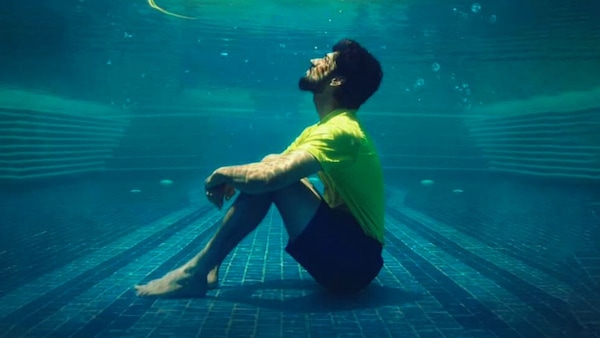
Promo poster for Firefly.
Last Updated: 04.05 PM, May 02, 2025
THERE'S A SCENE in Firefly when Vicky, recently out of a coma, returns home after months and rings the bell, getting more and more irritated with every unanswered ring, before his new reality strikes him. There’s a glimmer of realisation in his eyes. The scene does not cut to sad music and tears. Instead, he searches for the house keys and strides out to get them from his uncle’s house, from where he had just walked out in a huff. This scene, in a strange way, sets the tone for the film, which speaks about coping with grief, depression, sleeplessness, and the overwhelming yearning to see one’s parents one more time.
Despite the theme, debut actor-director Vamshi Krishna, who has also written the film, infuses it with a certain childlike lightness of touch and quirky humour. He’s also careful not to toss around the word depression casually—there’s a sensitivity in the portrayal of group therapy and more.
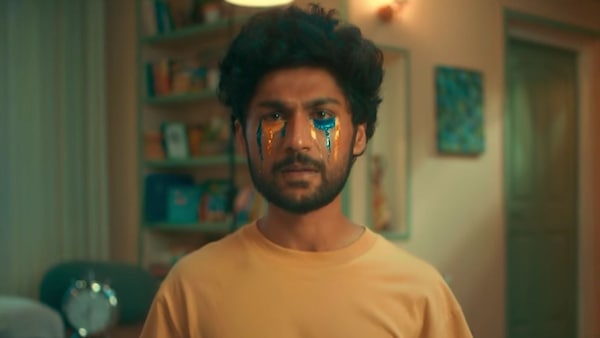
More importantly, the many characters that people Firefly are a mix of sparkling white and glorious grey. Relatives who pretend to care, but have an agenda, those who feed but point that out in phone calls to others, a cousin who does not invite another for a wedding, but puts the same wedding on hold when the situation demands it, and steps up for the other… The doddappa (uncle) comes across as someone who so deeply cares for his nephew, because he loved his brother and sister-in-law, and thus is all-accepting of the young man’s behaviour. It is almost like he just knows what the child is going through.
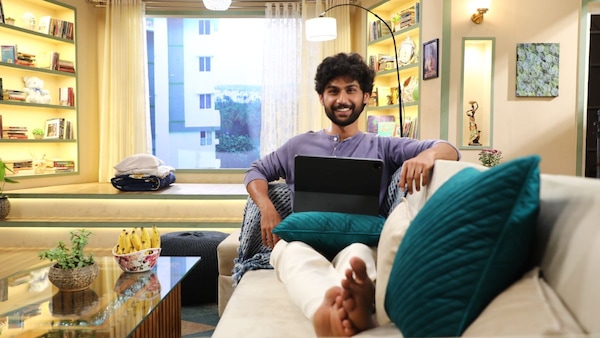
It helps that the parents are played by Achyuth Kumar and Sudharani, two fine actors, who, in less than 10 minutes, convince you they are a tight-knit, playful family. This effect is important because why else would you care for Vicky and his grief?
This year has been a trilogy of sorts for grief in Kannada cinema—Kuldeep Cariappa’s Nodidavaru Enanthare, Sumanth Bhat’s Mithya and now Vamshi’s Firefly. Each one speaks of the untold trauma of children, across age groups, when confronted with the demise or absence of a parent/parents.
Where Vamshi’s film stands apart is in the quirkiness with which he chooses to narrate Vicky’s battle—be it counting backwards to sleep, vivid dreams, seeking physical pain to exhaust himself, hallucinating after drugs, or finally learning to open up during group therapy, healing himself in the process.
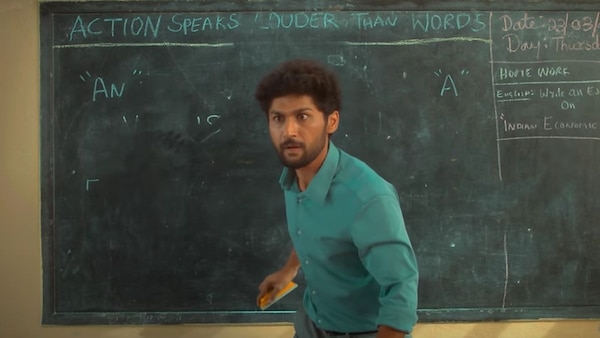
What helps Vamshi narrate his script well are art director Varadharaj Kamath and cinematographer Abhilash Kalathi, who infuse the film with a certain brightness that is in direct contrast to what’s happening in Vicky’s life. Many a time, there’s a child-like curiosity with which Vicky approaches life, and the background keeps pace, almost cartoon-like. The 5:4 open gate aspect ratio in the film—do pay heed to it—adds to the intimacy of the storytelling, adding yet another layer to the experience. You’re not really allowed to view it as an outsider, thanks to this.
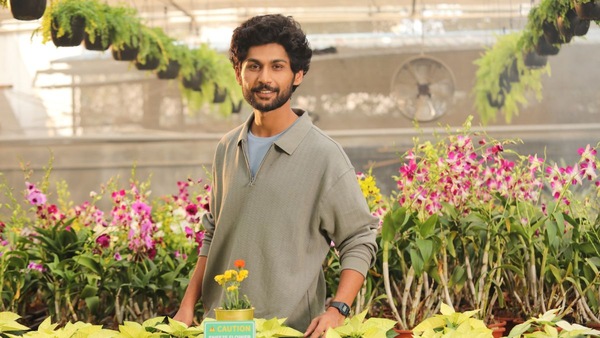
At its core, Firefly is about healing, accepting grief and owning it, and making amends. It could be completing a canvas you saw your mother paint over a video call, it could be finding the time to go over a family photo album and bursting into tears, it could be finding a primal connection to one’s parents in the land they bought, it could be finally getting over the guilt of unspoken conversations.
A couple of things did rankle—the distinctly out-of-place ‘humour’ during a dating scene, low hanging fruit someone of Vamshi’s potential should have stayed away from; the prolonged fight in the bar, which needed better pace, because there’s a neat humour premise there; the fact that someone who is sensitive beats kids brutally in a scene structured to elicit laughter; and the reaction to a fellow participant’s sweaty hands in group therapy.
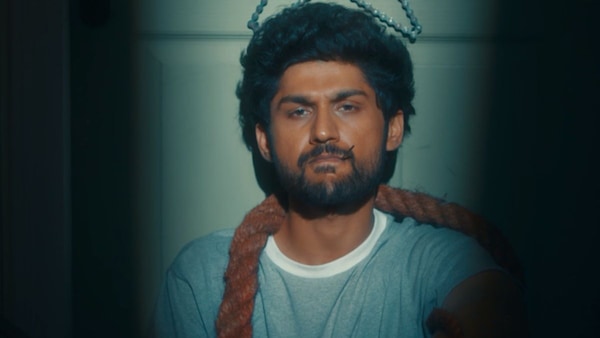
That said, I’m very curious to see what Vamshi does next—for he not only does not manage to write (he handles the story and screenplay with Raghu Niduvalli taking credit for the dialogues) complicated emotions well, he manages to portray them more than convincingly as an actor, and, as a director, wins with the performances extracted. It is always difficult to direct oneself, but he’s managed to do that quite nicely.
This film is also the debut production of Niveditha Shivarajkumar—her father Shivanna appears in a neat cameo—and one only hopes such Kannada films that need to be made get a chance.
Music by Charan Raj is a huge plus for the movie, for the background score takes you along the length and breadth of Vicky’s grief. It also welcomes you to the silence and loneliness of his world, filled with survivor’s guilt.
Two days after the movie, I’m still wondering about Vicky—the jet-lagged boy who just dozed off in the car to the music of his parents’ banter, went into a coma, gets to know of his parents being buried by his cousin, and who finally finds a soulmate in front of his parents’ resting place. The boy who shared a special something with his parents— something many would long to have. And, who finally comes to terms with the need to live in the moment. Something so difficult for Vicky—because, for him, it is all about loving one’s parents.
